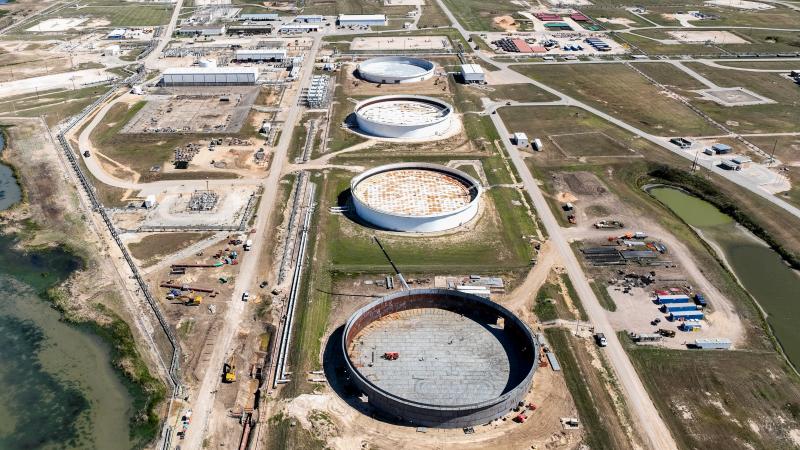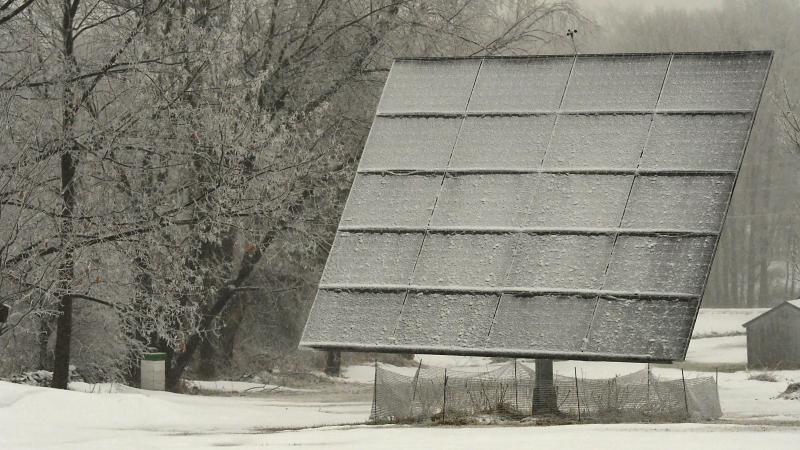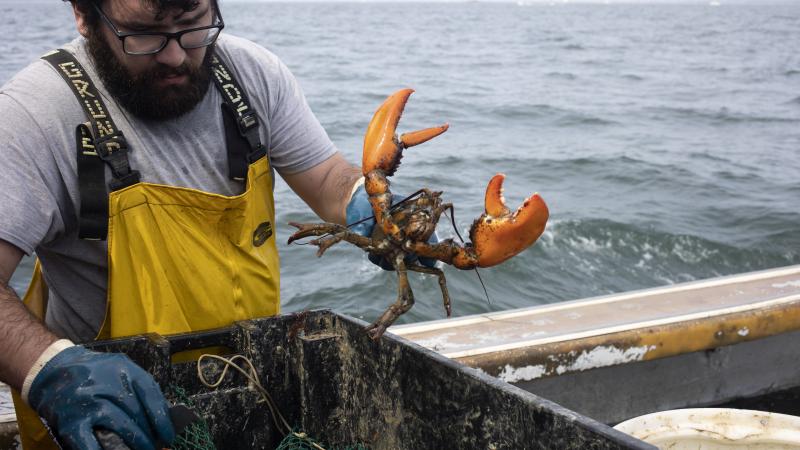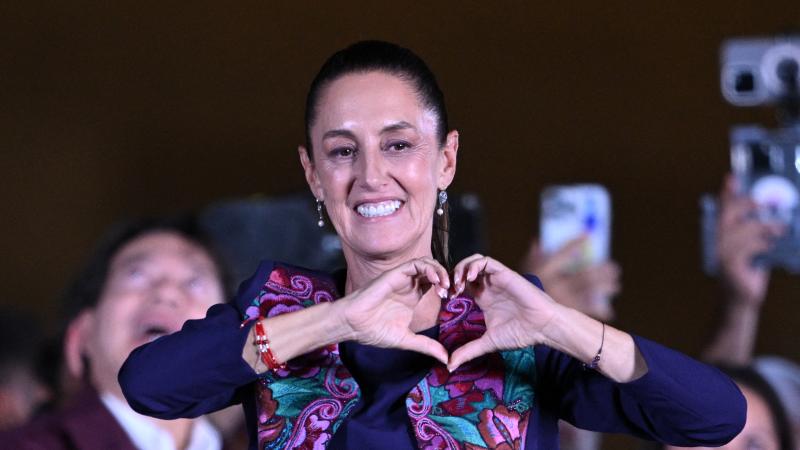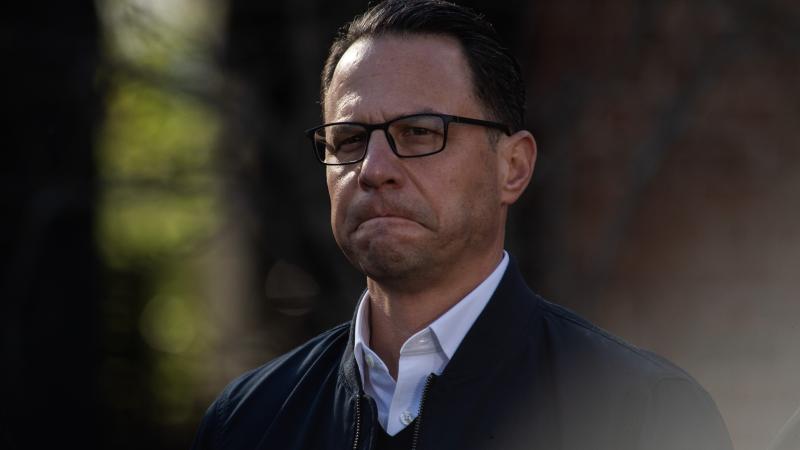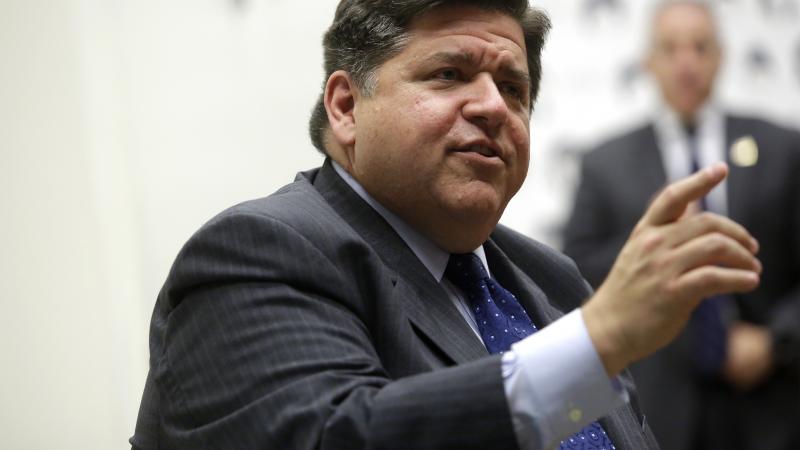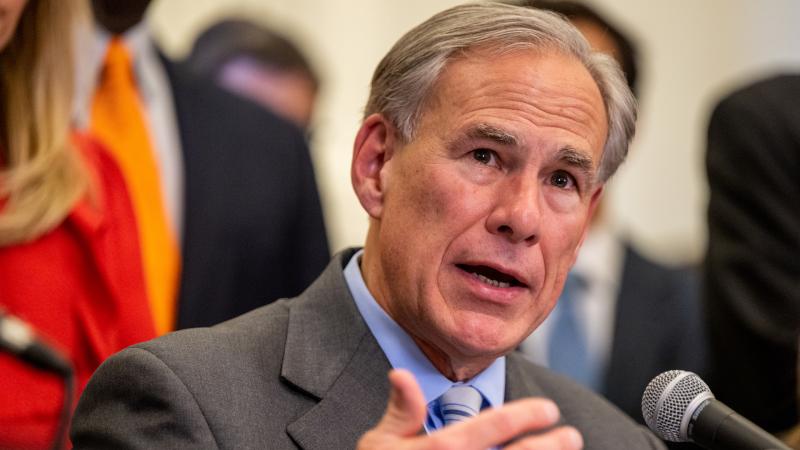Canada PM Carney likely to continue Trudeau's climate policy, which could impact U.S. energy costs
Canada has more oil reserves than the U.S., and it can produce oil cheaper. As U.S. oil producers watch falling oil prices with growing concern, the election of Canadian Prime Minister Mark Carney could help keep the situation from getting worse. If he continues to support Trudeau's anti-fossil fuel approach, things could get complicated.
Canadians elected Mark Carney last week to replace former Prime Minister Justin Trudeau as leader of the Liberal Party. Based on Carney’s previous statements and positions, he is expected to continue the climate policies of his predecessor. These policies will certainly impact Canadians, and are likely to inflict collateral damage on the U.S.
Canada has 171 billion barrels of proven oil reserves, making up 10.3% of the global total. Only Venezuela and Saudi Arabia have more. The U.S. comes in last in the top 10, but comes out in first place in terms of actual production. The U.S. produces more oil than any nation in history.
Besides having more oil to produce, Canada can also produce its oil cheaper than the U.S. To remain profitable, Canadian oil-sands producers need oil prices of $43.50 per barrel, the Wall Street Journal reported last summer, whereas U.S. producers need $57 per barrel. Were Canada to develop its resources as America has, it would present a problem for U.S. companies, who are eying low oil prices with growing concern.
“The election of Carney is good for American oil producers because it minimizes the rise of a competitor and an over-supply in the market,” Mark Mills, director of the National Center for Energy Analytics and a Canadian, told Just the News.
However, U.S. refineries — which take the crude oil producers extract and make it into a variety of products, from gasoline to jet fuel — can’t use the type of oil produced in the U.S., so they have to import most of their feedstock. Canadian crude oil accounts for 60% of the crude oil imported from other countries. A rise in Canadian oil prices might mean more expensive outputs for a significant contributor to the U.S. economy.
Canada's war on oil and the pipelines that distribute it
Under Trudeau, Canada carried out a war on fossil fuels that some say was even more aggressive than that of former President Joe Biden. Alex Epstein, author of “Fossil Future,” points out in his “Energy Talking Points” Substack, that Canada has three times the oil reserves of the U.S. but only 13% of the population.
"Canada can produce far more oil than it can use. So it needs a lot of transportation. Yet it wages war on pipelines, which are the cheapest, fastest, safest way to transport oil," Epstein wrote.
In 2016, the Canadian courts overturned the approval of the Northern Gateway pipeline from Alberta to British Columbia, following a decade of review. That review concluded that indigenous peoples had not been given enough consultation. The pipeline would have put some 535,000 barrels of oil per day on the markets in Asia and would have generated $217 billion USD in Canada's Gross Domestic Product over 30 years.
The Canadian parliament launched another anti-petroleum salvo by following that ruling by banning large oil tankers from calling at northern British Columbia ports.
Our neighbors to the north also shot down the Energy East pipeline in 2017. It would have transported 1.1 million barrels of oil from Alberta and Saskatchewan to the east. The only pipeline that successfully ran the gauntlet of the Canadian government’s scrutiny was the Trans Mountain Expansion pipeline, which became operational last year. Originally proposed in 2012, it cost $25 billion USD to build — well over the original budget of $5.3 billion USD.
Trudeau took great pride in his commitment to reducing Canada’s emissions. He passed the nation’s first comprehensive climate legislation, which, among other things, sets a goal of net-zero by 2050. He also put in place a number of regulations and taxpayer investments in efforts to bring down emissions in the electricity, agriculture, and transportation sectors, including an electric vehicle mandate that was more aggressive than that of the Biden administration’s.
Carney is, publicly, at least, on board with these efforts. Prior to the election, he said that he would keep in place a proposed cap on emissions from oil and gas producers, which the Canadian government intends to phase in over the next eight years. Carney previously led the Glasgow Financial Alliance for Net Zero (GFANZ) and advocated against the use of fossil fuels in order for nations to reach net-zero targets.
Canada's meager production
Due to the anti-fossil fuel regulatory environment in Canada, investment in oil production fell by 50% between 2014 and 2023, according to the Fraser Institute, a libertarian-conservative Canadian public policy think tank. Despite having more oil to produce, Canada’s growth in production since 2010 is less than 40% of U.S. growth.
Conservative Canadian candidate Pierre Poilievre was skewered by anti-fossil fuel groups for supporting the expansion of pipeline expansion, opposing the Liberal Party’s climate policies, and supporting Canadian oil and gas production.
On Monday, the West Texas Intermediate oil price was at $57 per barrel, according to Oilprice.com, and that brings the price down below what most producers in the U.S. need to break even. U.S. oil companies have seen profits fall from the heady 2022 highs, when they were accused of price-gouging due to their “obscene profits,” but they still fared well in the first quarter of this year, energy analyst David Blackmon wrote in his “Energy Absurdities” Substack.
Despite a profitable FYQ1, falling oil prices have been a growing concern for the industry. If Poilievre had won the election and reversed Canada’s meager growth in oil and gas development, the price might have gone even lower.
“Getting a prime minister there who will likely suppress Canadian oil production will have the unintended consequence of minimizing new supply that will depress prices. It'll make it harder to have cheap oil if you under-supply the world. Put simplistically, the election of Carney is bullish for high prices because of a restriction of supply from a major producer, which has obvious ironies,” Mills with the National Center for Energy Analytics said.
The demand for different types of oil
U.S. refineries were mostly built in the 1970s, prior to what’s generally called the “Shale Revolution,” which refers to the development of hydraulic fracturing technologies, or "fracking." This technology unlocked large amounts of oil and gas in hard rocks deep underground in the U.S., where it was previously inaccessible. The oil and gas coming out of those rocks, however, is a light, sweet crude low in sulfur, which U.S. refineries weren’t designed to use.
Instead, U.S. refiners are forced to import heavy, sour crude from other countries. Canada exports 96% of its oil to the U.S., which satisfies 60% of U.S. import demand. Should Canada’s climate policies drive up the cost of that oil, it would mean higher costs to American companies, ultimately impacting what American drivers pay at the pump. Refiners also produce a number of other petroleum products, from asphalt to lubricants, and costs of those products could increase as well.
Mills said that retooling the refineries to run on light, sweet crude is possible, but it’s a big investment that could take years.
“There are all kinds of unintended consequences of shifting the world supply. The engineers can adjust to this, but it takes time and costs money,” Mills said.
Albertan independence
As election returns were showing that Carney would likely sail to victory, Danielle Smith, the premier of the oil-rich province of Alberta, announced her intention to make it easier for citizens to initiate a referendum. This would lay the groundwork, in turn, to allow voters in Alberta to secede from Canada.
Smith said she didn’t support such a move, The National Post reported, but she wouldn’t stand in the way if the voters passed a referendum to do so. Secession in Canada isn’t as remote a possibility as it is in the United States. In 1995, a voter referendum in Quebec asking voters if they wanted the province to separate failed by a historically slim margin, with 49.42% of Québécois in favor of independence.
If Alberta did become its own independent nation, it would be landlocked. That would mean that a good trade relationship with the U.S. would be vital to the new country’s economy. It would also likely mean an increase in production, making the country very wealthy.
Mills said it’s hard to guess what exactly the impact of Carney’s policies will be on American energy, but he said a reduction of supply coming out of Canada would be felt in the U.S. and possibly the world.
“To use the technical term, disruptions are a bitch,” he said.
The Facts Inside Our Reporter's Notebook
Links
- Canadians elected Mark Carney
- he is expected to continue the climate policies
- Canada has 171 billion barrels of proven oil reserves
- Wall Street Journal reported
- eying low oil prices with growing concern
- National Center for Energy Analytics
- significant contributor to the U.S. economy
- Fossil Future
- Energy Talking Points
- Canadian courts overturned approval
- 535,000 barrels of oil per day
- ban on large oil tankers
- Energy East pipeline in 2017
- Trans Mountain Expansion pipeline
- Trudeau took great pride
- first comprehensive climate legislation
- electric vehicle mandate
- keep in place
- proposed cap on emissions from oil and gas producers
- Glasgow Financial Alliance for Net Zero
- according to the Fraser Institute
- growth in production since 2010
- criticized by anti-fossil fuel groups
- according to Oilprice.com
- obscene profits
- Energy Absurdities
- growing concern for the industry
- Shale Revolution
- U.S. refineries werenât designed for
- 96% of its oil to the U.S.
- produce a number of other petroleum products
- the National Post reported
- voter referendum
